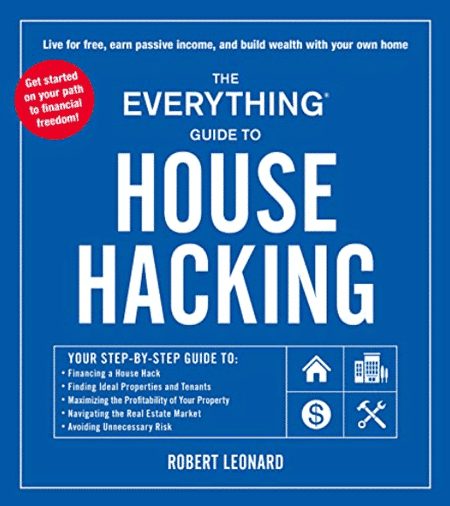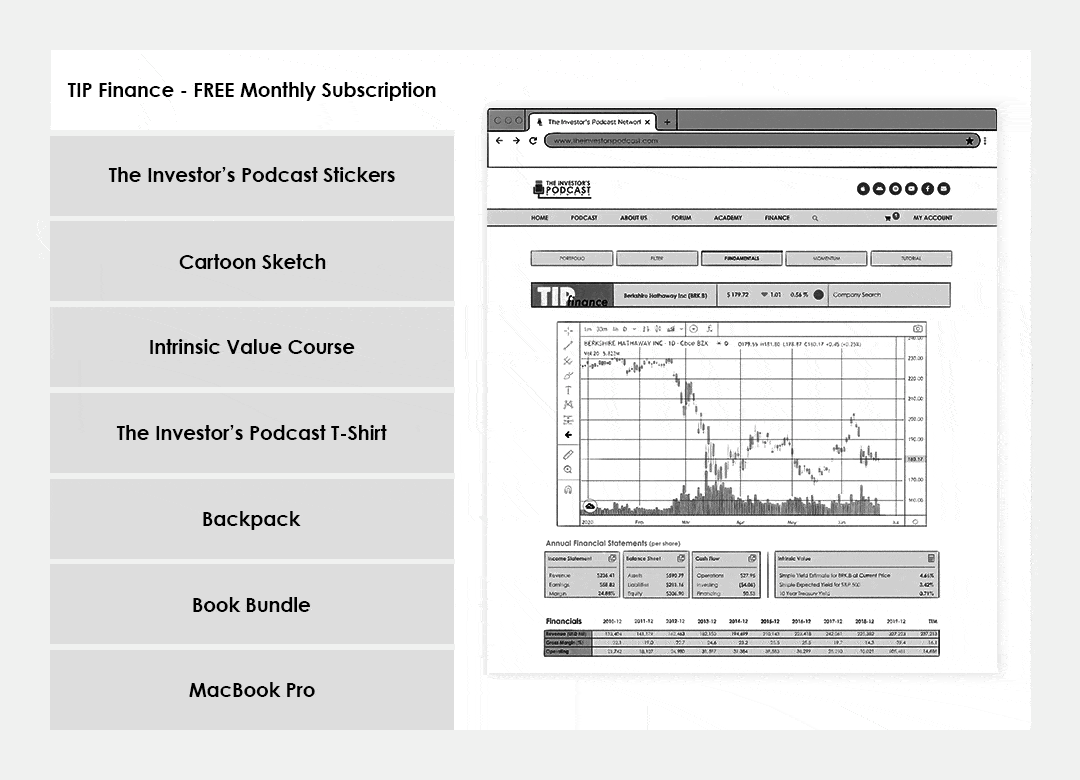Debt Tidal Wave
7 September 2022

Hi, The Investor’s Podcast Network Community!
Welcome back to We Study Markets!
Stocks had a nice rally today, with the Nasdaq ending a seven-session streak of declines.
All eyes will be focused on Fed Chair Jerome Powell’s speech tomorrow at the Cato Institute, in which 70% of traders expect a third 75-basis-point move in September, according to CME Group’s FedWatch.
Getting inflation back to the Fed’s target of 2% may mean crushing demand with a recession which is bad news for risk assets in the near term.
In other news, Elon Musk will be allowed to use a whistleblower’s claims in his legal case against Twitter, but the billionaire cannot delay the trial from his $44 billion deal for the company, a judge ruled today. The trial is slated to start next month.
Here’s the market rundown for today:

*All prices as of market close at 4pm EST
Today, we’ll discuss the Fed’s next rate hike, new EU taxes on windfall profits from higher energy prices, a tidal wave of corporate debt issuance, and how to build wealth through house hacking.
All this, and more, in just 5 minutes to read.
Let’s do it! ⬇️
IN THE NEWS
💸 Companies Race To Issue Debt Before Rates Rise Further (Bloomberg)
Explained:
- In the U.S., companies have extended a tidal wave of debt issuance, offering the largest amount in the last twelve months, as the prospect of further rate increases spurs greater urgency.
On Tuesday alone, nineteen different firms sought to sell bonds totaling between $30 to $40 billion in new funds. Notable stocks among these are Walmart (WMT), Target (TGT), McDonald’s (MCD), and Nestlé S.A.(NSRGY).
What to know:
- Over this week, blue-chip bond sales are expected to hit $50 billion with $150 billion in total for the month, and the glut of corporate sales has further dampened demand for Treasuries sending yields higher.
- It’s believed that firms are hoping to get ahead of a potentially high inflation print on the 13th of September, in addition to the planned rate hikes at the end of the month.
🏦 75 Basis Point Hike Teed Up For September (WSJ)
Explained:
- What’s significant about this article is not just the basis of its speculations, but more importantly, who it’s written by. Nick Timiraos is The Wall Street Journal’s chief economics correspondent, though, on Wall Street, he’s known as the “mouthpiece of the Fed.”
- Increasingly, the Federal Reserve has relied on leaks to the media ahead of major policy announcements so as to give the market time to digest the information while also gauging investors’ responses in advance.
- Timiraos is seen to be the primary source for Fed leaks, and many market participants, based on his article today, just two weeks ahead of the Fed’s next policy meeting, are taking this as a near certainty that the Fed will raise by 0.75 percent rather than 0.5.
What to know:
- In the article, Timiraos highlights Powell’s commitment to ensuring the Fed doesn’t fall short on fighting inflation, in addition to highlighting other Fed members, like James Bullard, who has actively favored a greater rate increase. He also writes that officials were displeased to see markets rally and ease financial conditions following their July Fed meeting.
- Of course, we do not yet know whether there will actually be a hike of this magnitude. Still, it’s clear that investors are taking the possibility quite seriously, especially after Powell’s Jackson Hole speech in August.
- It appears that the central bank hopes to bring the fed-funds rate closer to 4% by year’s end, punctuated by a 75 basis point hike in September and followed by smaller increases at the next two meetings.
🔌 EU Seeks Windfall Taxes On Power Generators (FT)
Explained:
- After yesterday’s energy-heavy newsletter, we were hoping to take a pause from the topic, but impactful headlines just keep on coming. News out of Brussels from the European Commission, via President Ursula von der Leyen, suggest that non-gas power generators should expect a new levy on their “unexpected profits” due to skyrocketing electricity prices.
- Excess revenues, set at a rate currently less than half the regional benchmark price for electricity, would be subject to the levy. Revenues collected from the initiative would then be redistributed to support companies and households in weathering an economic war with Russia based, primarily, around the flow of oil and gas.
What to know:
- Electricity prices are pegged to the price of natural gas, and gas prices have risen nearly ten times higher than their average over the last decade.
- Von der Leyen argued that the cap would set profits closer to expected levels prior to Russia’s weaponization of gas supplies and, added further, that many low-carbon energy producers are earning revenues that they could have never dreamed of making previously, nor can they invest them fast enough.
- Instead, the thinking is that by forcefully re-allocating these funds to the most vulnerable parties in this energy crisis, Europe can position itself better to mitigate social unrest and continue sanctions against Russia.
BROUGHT TO YOU BY
Stock investing is great, and it’s likely right for a portion of your portfolio, but it’s hard to beat truly passive income — mailbox money, as some call it. To make sure you’re investing with a great management team, learn the 7 Red Flags for Passive Real Estate Investing.
DIVE DEEPER: BUILDING WEALTH THROUGH HOUSE HACKING

Have you been interested in getting into real estate but are feeling discouraged, because you haven’t purchased your own home due to higher rates and soaring home prices?
Are you someone interested in generating passive income but don’t know where to get started?
House hacking may be the right solution for you.
To understand how house hacking works, we turned to our own Robert Leonard, who recently released his first book called The Everything Guide to House Hacking.
Robert is the VP of Growth and Innovation at The Investor’s Podcast Network, co-host of The Millennial Investing Podcast, and host of our Real Estate 101 Podcast.
He was recently interviewed by Clay Finck on Millennial Investing to discuss his new book, and we wanted to share our top takeaways.
What is House Hacking?
At its simplest, house hacking entails purchasing a property with extra space that you don’t utilize and renting out that space to reduce your expenses.
Traditionally, house hacking meant buying a multi-family property, living in one unit, and renting out the others so that the tenants cover some, or all, of your mortgage while enabling you to build up equity in the property.
You’re limited by only your creativity (and perhaps some HOA or zoning laws) when it comes to house hacking. There are several strategies, and you don’t need to be limited to just a single-family or multi-family house, although those are the most common.
Why House Hack?
The basic principle of house hacking is that other people cover all or part of your housing expenses, allowing you to enjoy a great lifestyle or, if you choose, focus your efforts on growing your real estate portfolio.
Here are some other benefits to house hacking that make it a powerful wealth-building strategy:
- Cash Flow — This is one of the main benefits of the strategy, as it allows you to accumulate extra income each month after all of your expenses have been paid. You can use the cash flow to either pay down your mortgage, fund your lifestyle, or invest in additional properties. As a house hacker, you also get to enjoy the benefits of property appreciation and real estate tax deductions.
- Financing — Purchasing a property as your primary residence allows for better financing terms. If you choose to finance through an FHA loan, you can buy a property for as little as 3.5% to 5% for the downpayment, whereas a typical lender would want anywhere from 20% to 30% to buy a rental property. Once you buy the property, and live in it for a year or more, you can move out and rent it to somebody else. Ultimately, you can have very little money tied up in a house hacking deal which increases your cash-on-cash returns.
- Practice “landlording” — For a low amount of risk, house hacking allows you to gain valuable landlording experience, including finding the right tenants, understanding contracts, collecting rent, negotiating with contractors, handling maintenance issues, and bookkeeping.
Lenders Like Experience — If you intend to build a real estate portfolio, the experience you’ve gained from your house hacking business is attractive to lenders. Traditional lending institutions want to see a track record of successfully owning and managing real estate before granting larger loans to an investor. - Great Entry Point for New Investors — House hacking is a great real estate investment strategy if you’re eager to get started immediately. You will be able to keep your finger on the pulse of your investment, plus get a feel for what it will take to build your real estate portfolio in the future. During this time, you can start building a great team to help in your future efforts, including finding a fantastic realtor, accountant, lawyer, electrician, plumber, handyman, and HVAC company.

Who Should Avoid House Hacking
Anyone can do house hacking, but it is certainly not for everyone. As Robert explains, if you detest the idea of having other people in your space or have zero interest in fulfilling basic landlord functions, you may be wise to steer clear of house hacking. You will likely give up some privacy and comfort in exchange for the extra income. The trade-off may not be worth it to you.
Risks of House Hacking
Every investment has risks, and getting involved in house hacking is no different.
The biggest risk when you own real estate is the risk of liability. Someone could slip and fall. A fire could occur. Any number of things could go wrong, and you need to be insured against this liability.
There is also the risk of tenants not paying. You need to guard against this by not taking on too large of a mortgage that you won’t be able to pay if a tenant moves out or doesn’t pay you.
Finally, there is the risk that your tenant doesn’t take care of your property properly or does damage to it. This can be mitigated by having a stringent tenant selection process.
Takeaway
House hacking can be a great way to get started in real estate investing without purchasing a rental property requiring a big downpayment. It can help reduce your living expenses, and it also allows for a low-risk way to see what it’s like managing tenants.
Let us know your experiences with house hacking. What’s worked and what hasn’t?
Also, if you haven’t taken the plunge into house hacking but intend to pursue it in the future, we’d love to hear your plans.
Finally, be sure to check out Robert’s book, The Everything Guide to House Hacking for expert help in guiding your process.
SEE YOU NEXT TIME!

That’s it for today on We Study Markets!
See you later!
If you enjoyed the newsletter, keep an eye on your inbox for them on weekdays around 6pm EST, and if you have any feedback or topics you’d like us to discuss, simply respond to this email.








